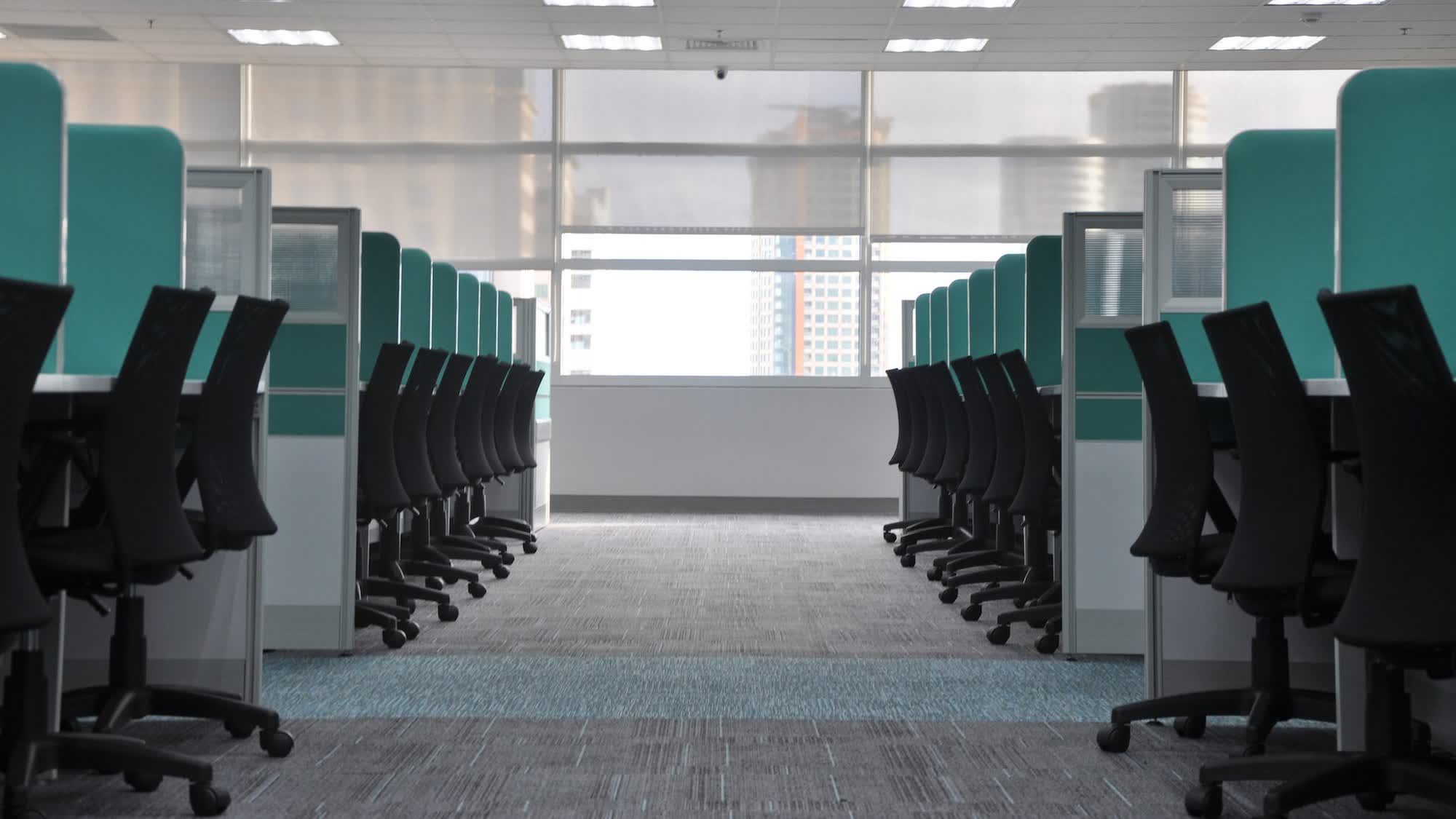The big picture: Remote work became a necessity during the pandemic, but it has since reshaped how American workers do their jobs. While working from home is a relatively new experience for the majority of people, most have taken to it like a duck to water, and are refusing to go back to their cubicles. As it turns out, they've got good reasons to want to continue working from home.

The "2023 State of Software Engineers Report" by job search portal Hired has revealed many interesting facts about software engineers in Silicon Valley and beyond. One telling result from the survey is the overwhelming preference for remote work, with as many as 39% of respondents saying they would prefer remote work over in-office work any day.
According to the report, salaries are almost identical for both remote and local work. In the San Francisco Bay Area, for example, where salaries are the highest, software engineers working remotely made $176,000 last year, while those working locally made $180,000. In some smaller markets, remote roles even commanded higher salaries than in-office work.
When asked what they would do if mandated to return to the office, 21% of respondents said they would quit, while 49% said that they will look for other remote work opportunities while continuing to work at their current company. Employers apparently already have an inkling of their employees' preferences, as many of them are offering 'flexible work schedules' as one of the top benefits alongside healthcare and paid time off.

Another notable finding was the optimism among engineers, despite the spate of high-profile layoffs during the second half of last year. 68% of the surveyed engineers said that they were not worried about getting fired in the next six months, even as tech giants Google, Meta, Microsoft, Amazon, Twitter and others fired a combined total of over 150,000 employees last year.
The report also reveals that backend engineers saw the highest demand among employers, while Natural Language Processing (NLP) engineers saw the highest salary growth during 2022. Despite the spectacular crypto crash, blockchain engineers were the second-highest paid group overall, though the total number of interviews for them reduced drastically.
Looking forward to 2023, 57% of surveyed engineers said they believe AI, machine learning and data science will be the hottest sector, followed by fintech and healthtech. Almost 2 out 3 (64%) surveyed engineering candidates also expected Python to be the top programming language to master in 2023.